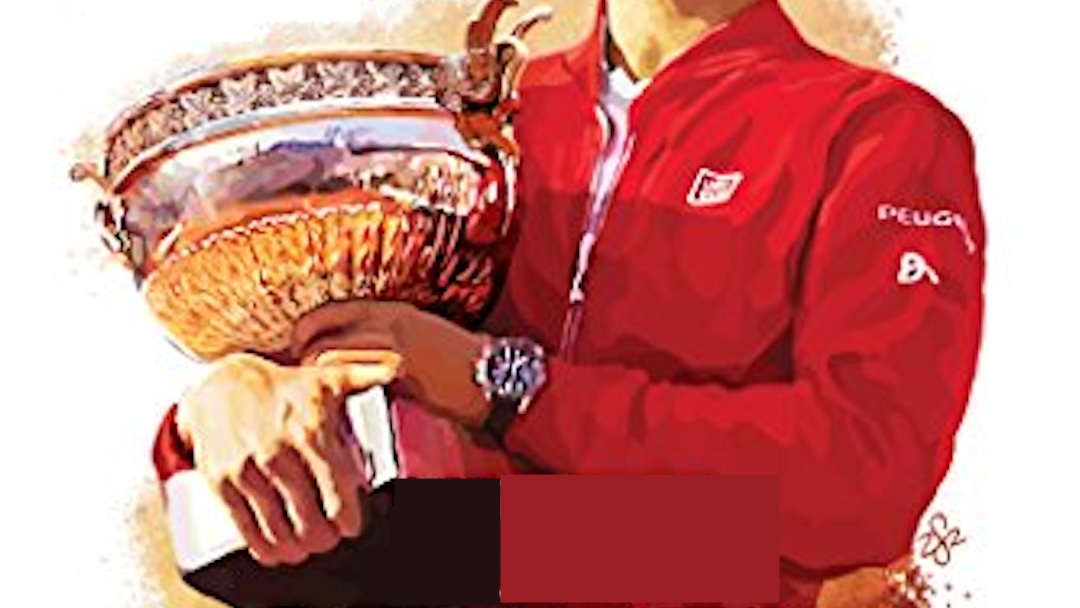This week we are examining another book by James E Loehr. Mental Toughness Training for Sports: Achieving Athletic Excellence was originally published in 1982. To pinpoint that moment in time, that was my first year of Girls 16s Junior tennis. It is an understatement to say that the original edition of this book was highly influential on my development as a player.
The review copy of this book is rather awkwardly not the original version of my youth nor the latest edition. I currently have the 1987 version of the book that came out when I was in college and a couple of years into my 28-year hiatus from competitive tennis. Based on my dim recollection, the copy I have is identical to the original version with the exception of a new forward by Arthur Ashe. The latest edition came out in 1995 with a forward written by Chris Evert. That is the version I would most likely purchase today.
Mental Toughness Training for Sports is a comprehensive guide to help athletes develop the mental strength necessary to succeed. Loehr is a former tennis player who is now a renowned sports psychologist. He has a track record of success working with numerous athletes and teams to help them improve their mental toughness.
When the book was originally written, mental training in sports was largely neglected. In fact, athletes who focused on these skills were sometimes regarded as inherently weak. Loehr was part of a movement that brought mental training into the mainstream for sports other than tennis. He preached the idea that mental toughness can be developed through training and practice.
Like many of Loehr’s other self-help books, Mental Toughness Training for Sports is a program. It starts with a process for self-assessment, goal setting, and developing an action plan. The plan is then executed, monitored, and adjusted. Loehr provides guidance on performing specific exercises and activities that players can use to improve their mental toughness.
While my reading this week was largely a walk down memory lane, I derived new insight. For example, Loehr spends several pages discussing positive and negative energy. He describes the various states in a “Four Square” model. That section includes strategies for transitioning energy from the less to the more desirable states. I apparently wasn’t as interested in managing my energy in my youth as I am now as a Senior tennis player.
Overall, Mental Toughness Training for Sports is an excellent resource for tennis players and any athlete interested in improving mental toughness. As always, Loehr’s approach is grounded in solid scientific research. His deep history of working with top athletes is a testament to his credibility. I highly recommend this book to all tennis players interested in improving their competitive performance levels.
 | Mental Toughness Training for Sports: Achieving Athletic Excellence |



